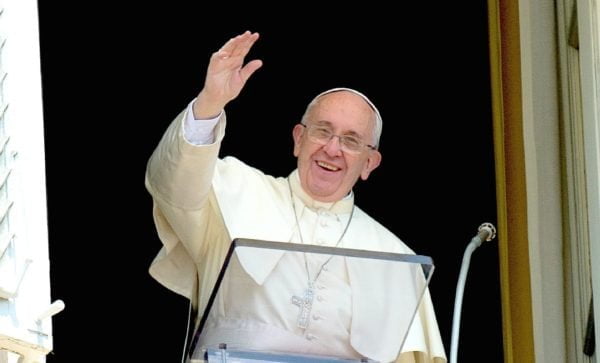Mk 4:21–25
- v. 21 A “bushel” was a container used for measuring cereals and vegetables. It held a little over eight litres (two gallons).
- v. 22 This parable contains a double teaching. Firstly, it says that Christ’s doc trine should not be kept hidden; rather, it must be preached throughout the whole world. We find the same idea elsewhere in the Gospels: “what you hear whispered, proclaim it upon the house-tops” (Mt 10:27); “Go into all the world and preach the Gospel to the whole of creation . . .“ (Mk 16:15). The other teaching is that the Kingdom which Christ proclaims has such ability to penetrate all hearts that, at the end of time, when Jesus comes again, not a single human action, in favour or against Christ, will not become public and manifest. Cf. Mt 25:31-46.
- vv.24-25 Our Lord never gets tired of asking the Apostles, the seed which will produce the Church, to listen carefully to the teaching he is giving: they are receiving a treasure for which they will be held to account. “To him who has will more be given…”: he who responds to grace will be given more grace and will yield more and more fruit; but he who does not will become more and more impoverished (cf. Mt 25:14-30). Therefore, there is no limit to the development of the theological virtues: “If you say ‘Enough,’ you are already dead” (St Augustine, Sermon 51). A soul who wants to make progress in the interior life will pray along these lines: “Lord, may I have due measure in everything, except in Love” (J. Escrivá, The Way, 427).
MORNING MEDITATION IN THE CHAPEL OF THE
DOMUS SANCTAE MARTHAE
Without measure
Thursday, 28 January 2016
(by L’Osservatore Romano, Weekly ed. in English, n. 5, 5 February 2016)
Witness, as a fundamental element of Christian life, was the focus of Pope Francis’ reflection during Mass at Santa Marta on Thursday morning. What are the features of witness? The Pontiff drew the answer to this question directly from the day’s passage of the Gospel according to Mark (4:21-25), which immediately follows the “parable of the seed”. After speaking “of the seed that manages to bear fruit” and of those seeds that after falling “on poor soil cannot bear fruit”, Jesus “tells us of the lamp”, which is not to be placed under a bushel but in a candlestick. This, the Pope explained, “is light, and the Gospel of John tells us that the mystery of God is light and that the light came into the world, but the darkness did not welcome it”. It is a light, he added, that should not be hidden, but that serves “to illuminate”.
Here then, is “one of the features of a Christian, who has received the light in Baptism and must give it”. A Christian, the Pope said, “is a witness”. Indeed, a Christian can’t but show the light he bears within. If a Christian “prefers his own darkness to God’s light”, then “something is missing”. Darkness “enters his heart, because he is afraid of the light”. A Christian “is a witness”, a witness “to Jesus Christ, the light of God. And he must place that light in the candlestick of his life”.
The Gospel passage proposed for the day’s liturgy also speaks of “measure”. It reads: “the measure you give will be the measure you get, and still more will be given you”. This, Francis said, is “the other particularity, the other approach” typical of a Christian. It refers to magnanimity: “another Christian trait is magnanimity, because he is the child of a magnanimous father, with a great spirit”.
So too when he says, “give and you shall be given”, the measure that Jesus speaks of, the Pope explained, is “full, good, overflowing”. Similarly, “the Christian heart is magnanimous. It is open, always”. It is not, therefore, “a heart that withdraws into its own selfishness”. Nor is it a heart that sets limits, that “counts: up to here, up to there”. Francis explained further: “When you enter into this light of Jesus, when you enter into Jesus’ friendship, when you let the Holy Spirit guide you, your heart becomes open, magnanimous”. At that point a particular dynamic is triggered. A Christian “doesn’t gain: he loses”. But in reality, the Pontiff concluded, “he loses in order to gain something else, and with this ‘defeat’ of interests, he gains Jesus”. A Christian’s gain is in “becoming a witness to Jesus”.
